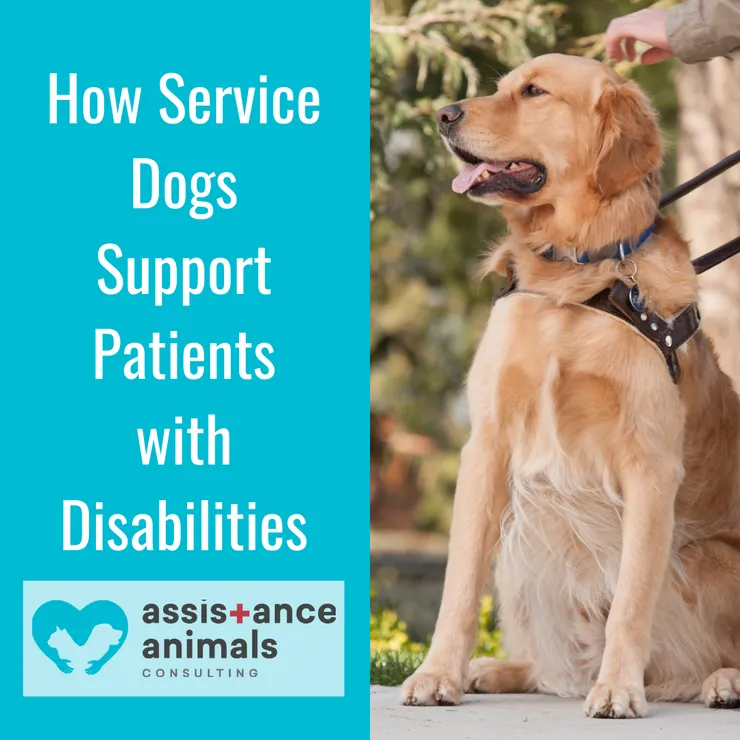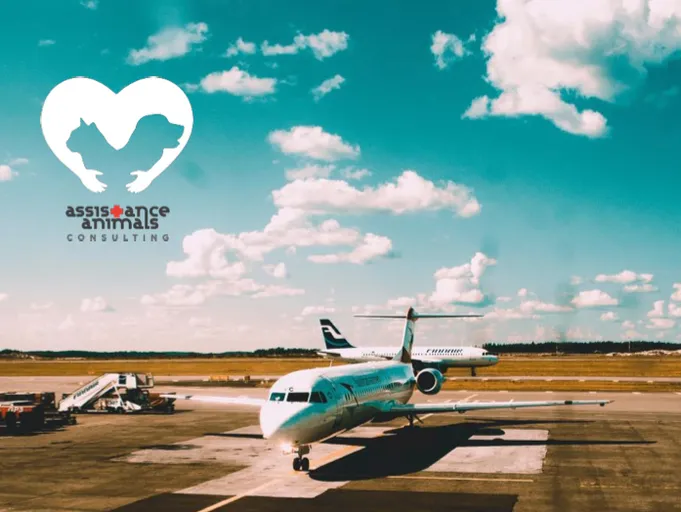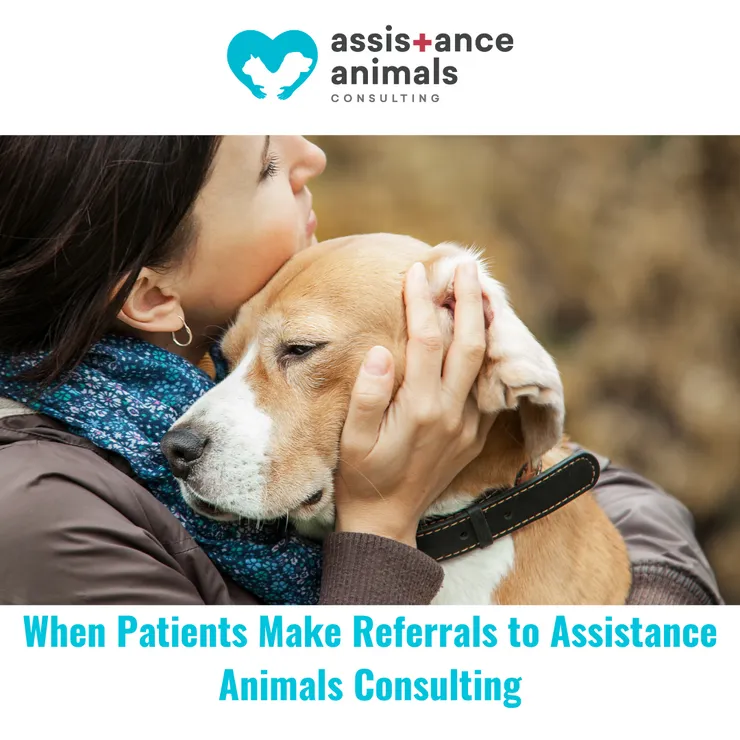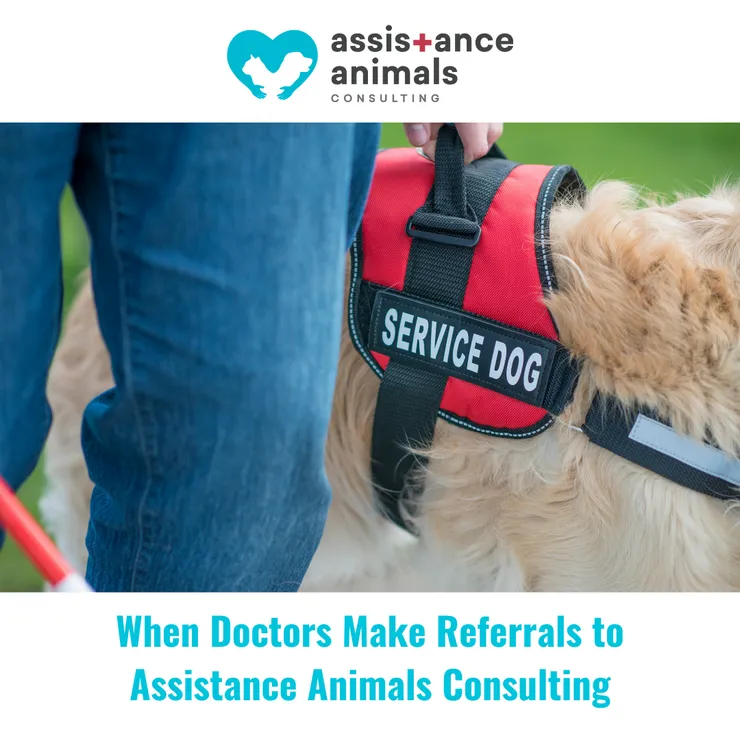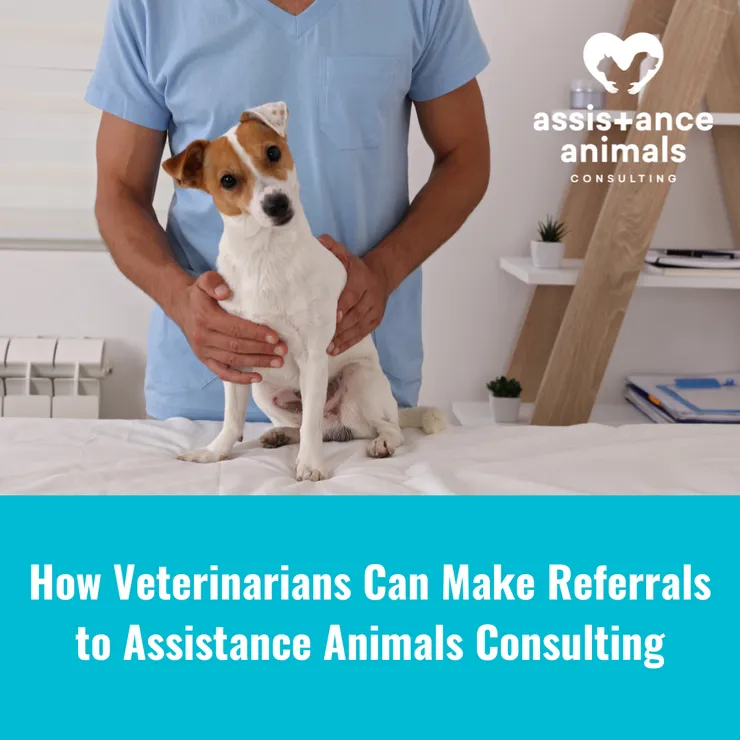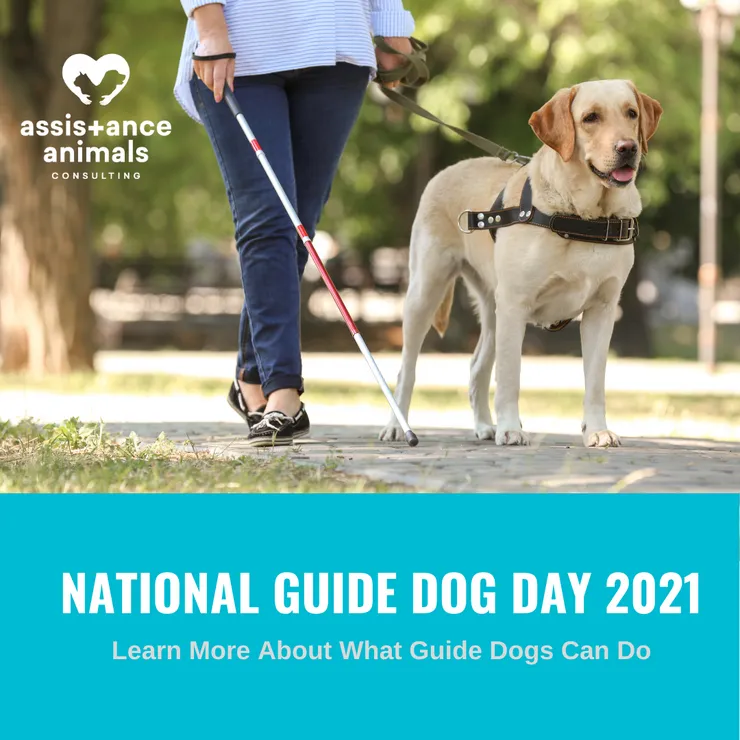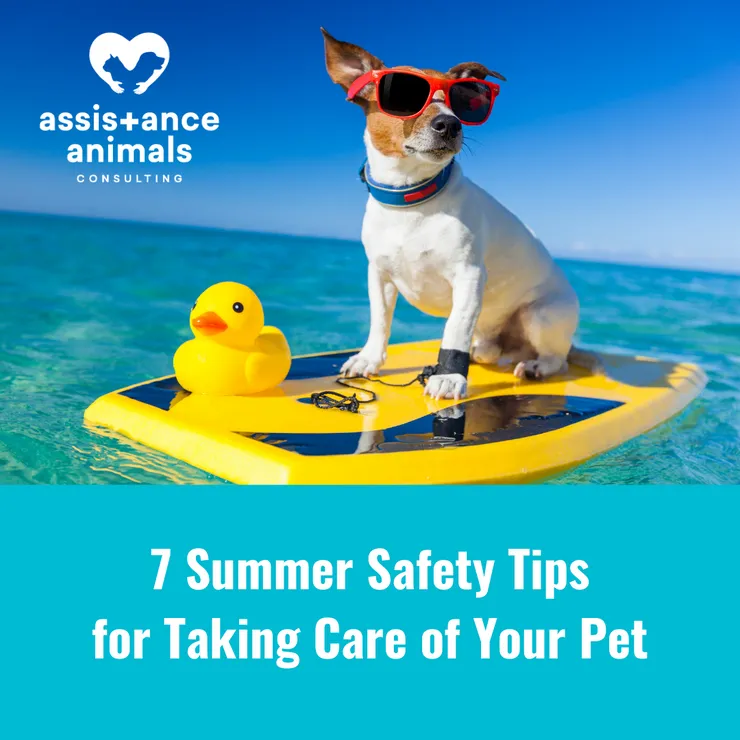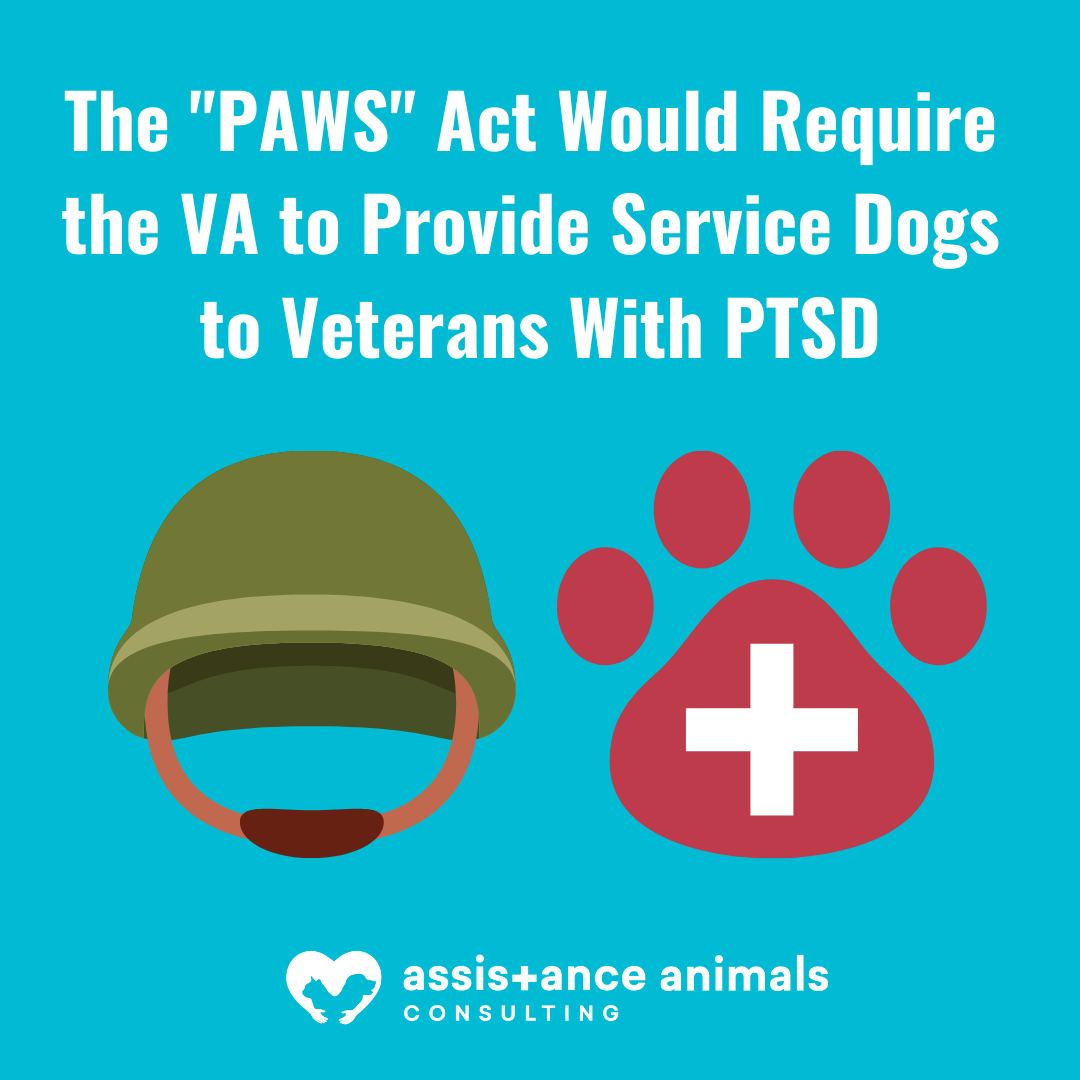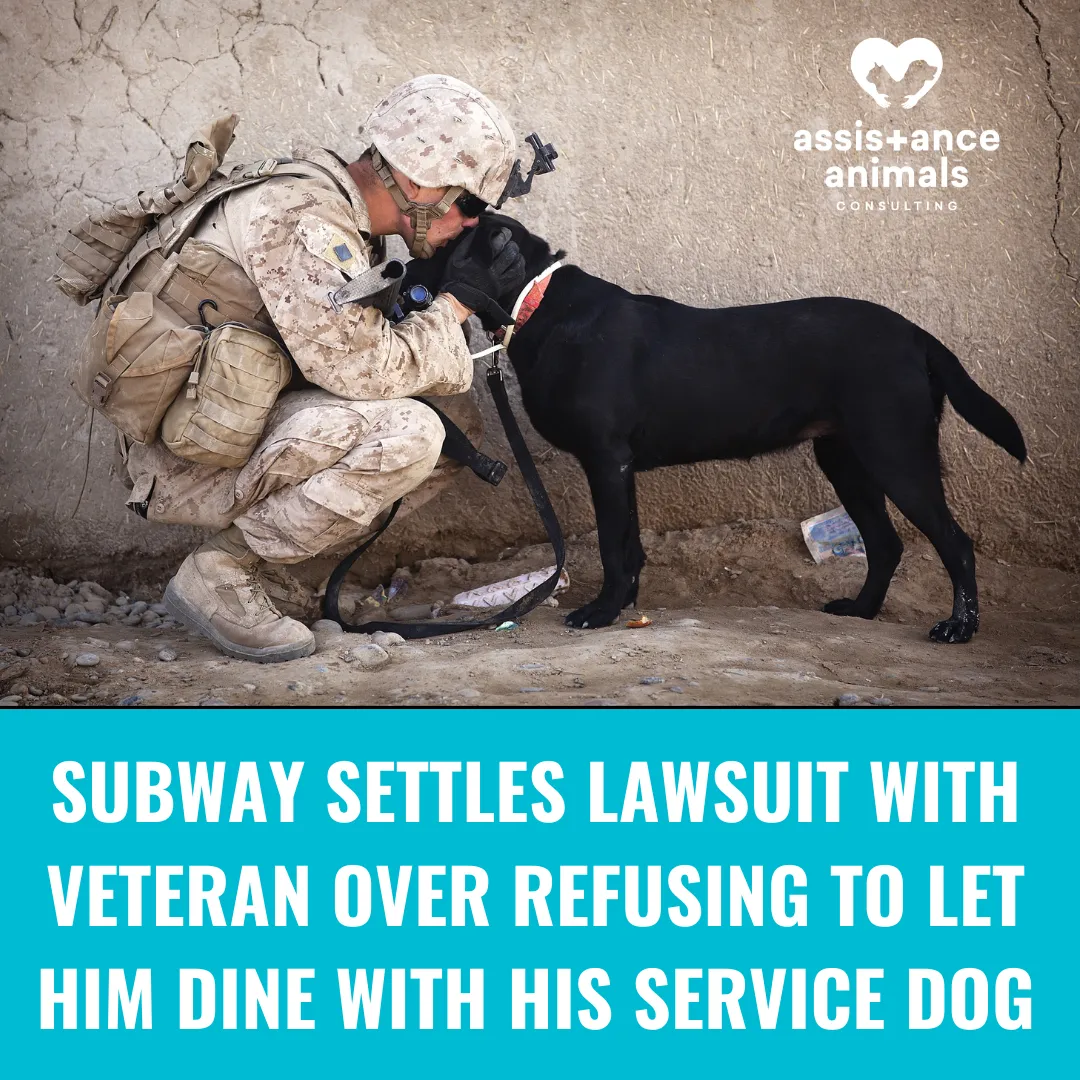Last month, the U.S. Department of Transportation proposed a rule change that would give airlines permission to stop accommodating travelers with emotional support animals (ESAs) if they desire. This change would not affect service dogs trained to help travelers with certain tasks related to physical, sensory, psychiatric, intellectual or other mental disability. By law under the Air Carrier Access Act (ACAA), service animals are permitted to accompany their handler in airports and on flights. Delta Airlines has announced they’re introducing enhanced passenger documentation to better support those individuals with support animals and the overall safety of all passengers. Currently, animal-assisted therapy is not a regulated field. At Assistance Animals Consulting, part of our role as veterinarians is to help bridge the gap and change this narrative. Organizations can partner with us to receive specialized guidance for animal-assisted therapy. Contact us for more information on how we can help.
We Bridge the Gap: Department of Transportation Proposes Airlines Can Ban Emotional Support Animals
We Bridge the Gap: Department of Transportation Proposes Airlines Can Ban Emotional Support Animals
How Assistance Animals Consulting helps bridge the gap:
We’ve identified several points to provide more regulation and guidance with ESAs in airports and airplanes. Whether airlines permit emotional support animals or not, this opens up a larger conversation on regulation. Our mission is to advocate, educate and collaborate to help businesses and the general public navigate human-animal interventions in animal-assisted therapy. As veterinarians specialized in the human-animal bond and animal-assisted therapy, we have the knowledge to guide organizations and the general public to ensure these interactions are healthy and safe.
1. We educate organizations, handlers and the general public about all aspects of animal-assisted therapy. Our licensed veterinarians provide consultations where we discuss appropriate animal selection and rights of public access for all types of assistance animals: therapy, emotional support and service animals.
2. Our veterinarians offer expert knowledge to advise the best ways to ensure public health and safety. Human-animal intervention poses behavioral and zoonotic disease health threats, and it’s important to make sure these animals are healthy and are properly trained to keep their handler safe and maintain a safe environment for all.
3. We offer a Workforce Development Program that trains staff on appropriate animal behaviors, how to spot disruptive behavior and processes for handling these human-animal interactions. Employees should have a process and best practices to follow that help facilitate the interaction of human-animal teams with other passengers. Without a clear plan, it’s hard to establish a safe environment, which is vital to a successful organization.
4. We advocate for individuals with disabilities who actually need to bring their animals in public. In several states, it’s now a crime to misrepresent a pet as a service animal. We’ve witnessed many pets being misrepresented as service animals. Pets being misrepresented as service dogs to obtain access into a business can compromise the ability of a service dog to perform its essential duties, which can put the handler’s life at risk.
Advocating for regulation in animal-assisted therapy will help protect individuals and businesses, increasing safety for all. Licensed veterinarians should be at the forefront of these conversations. Our veterinary team specializes in optimizing human-animal teams and how they interact with the public. We partner with organizations to guide human-animal intervention health and safety strategies to help establish protocols for businesses, such as airlines, that are experiencing an increase in patrons with assistance animals. Our licensed veterinarians meet with you to determine your needs and then provide the necessary support and knowledge. Let’s talk! Contact us to get started today.
